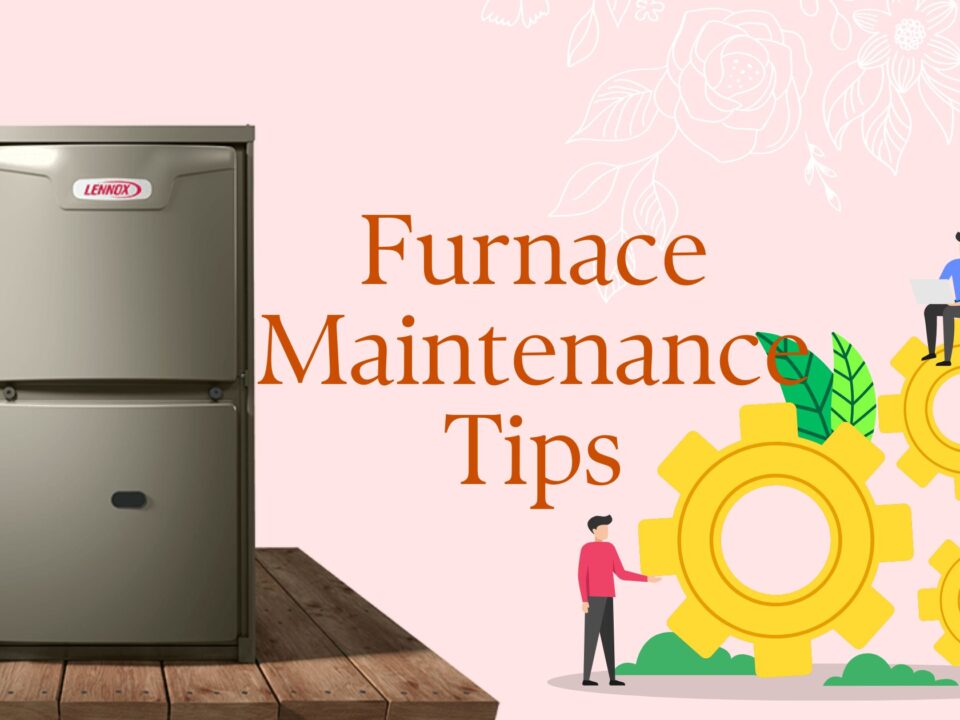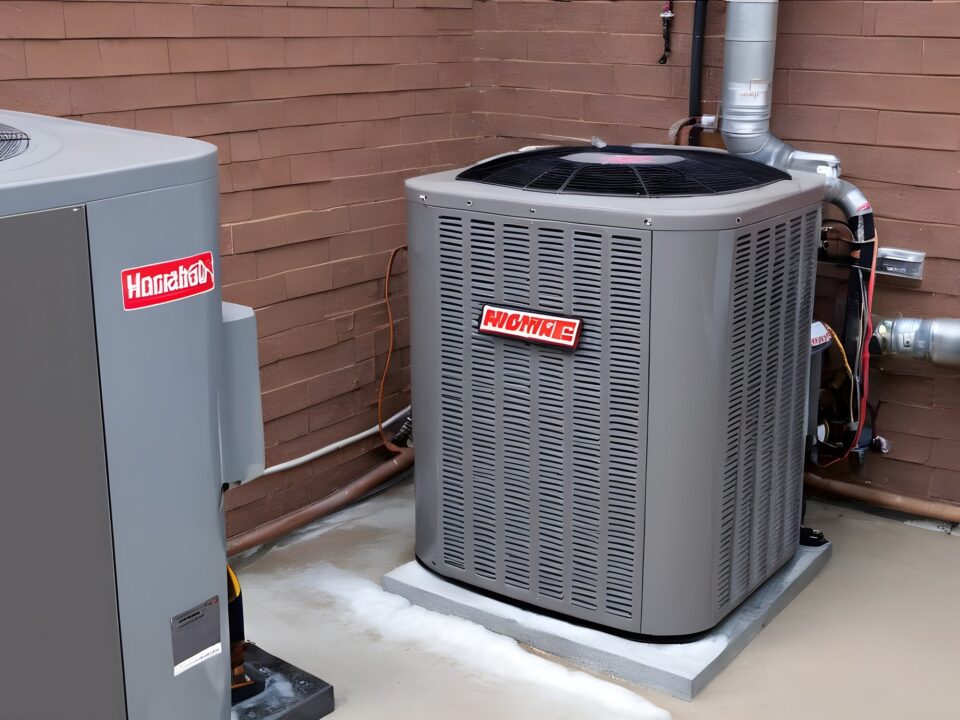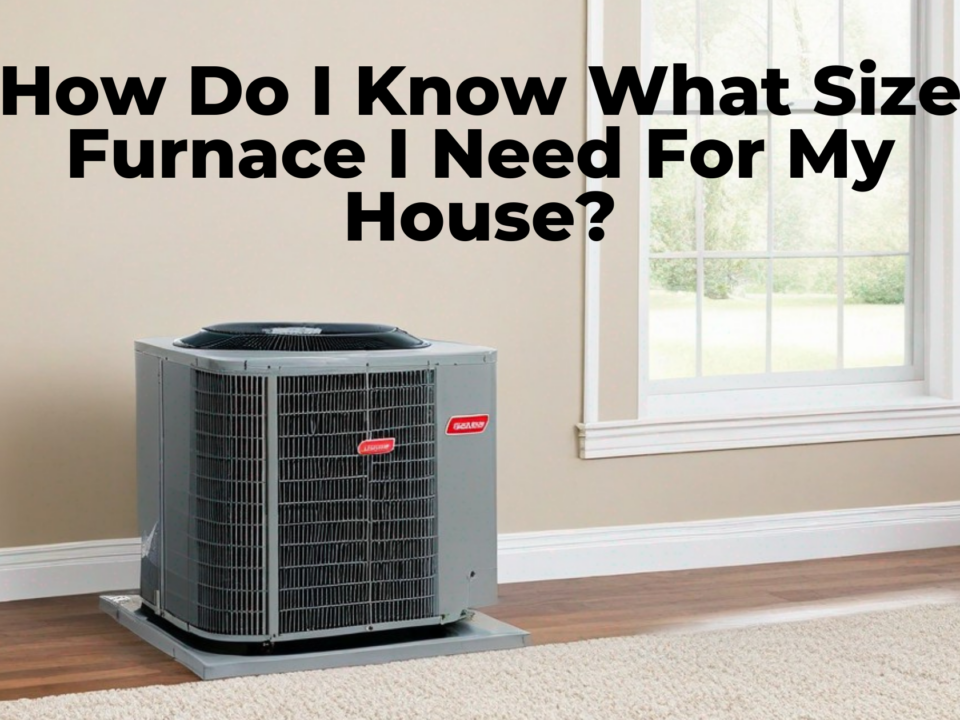Furnace Maintenance North York

Maintaining Your Furnace
April 12, 2021
Air Conditioner maintenance in Scarborough
April 23, 20211. higher carbon monoxide level
Gas furnaces use a heat exchanger to remove harmful gases, such as carbon monoxide, from heated air following the combustion process. The heat exchanger repeatedly expands and contracts as its temperature changes. Over time, the heat exchanger can develop cracks, which can lead to deadly gases leaking into your home. Both odorless and colorless, carbon monoxide can easily go undetected.
2. No air quality
Although not as serious as carbon monoxide, an untended HVAC system can reduce the quality of air inside. When air passes through clogged filters and dirty ducts, the HVAC system will circulate dust, allergens and polluted air throughout the space.
More information: Furnace service
3. Damage
Loose wires or pilot light problems can spark a fire or worse an explosion. Regular HVAC maintenance will ensure that time has not taken a toll on the wiring or gas lines inside your system.
4. too expensive to repair
Many homeowners avoid scheduling regular maintenance in an attempt to save money. Although an HVAC system might seem to run fine, small problems put added stress on the entire system when they are not fixed. Operating an HVAC system under this added stress leads to much more costly repairs in the future.
5.short hvac life
This additional wear and tear placed on a system not only leads to expensive repairs but can also drastically reduce the lifespan of a system. When well cared for, a quality HVAC system should last between 15 and 20 years.
6. Too much gas bill
While an HVAC system that has been kept up with regular maintenance and repairs will probably still be able to heat and cool a space, it certainly will not run efficiently. As a result, the system will have to work much harder to keep the indoors at a desirable temperature and will use much more energy while it heats or cools. This not only puts an unnecessary drain on resources but also makes a sizable impact on an energy bill. Although repairs and maintenance cost money, they will save you on your energy bill in the long run.
7. less efficiency
When an HVAC system needs to be repaired, it does not operate as efficiently or as effectively as a well-maintained system. As a result, the system will struggle to heat or cool spaces in a timely manner. It also might not heat or cool an entire space in a uniform manner, meaning some rooms could be warm and toasty, while others deliver a cold and uncomfortable chill.
8. iced pipes
In the winter, a neglected furnace is at risk of having a component go out or completely breaking down. Other than weathering the severe cold both outdoors and indoors, what does a broken furnace in the winter mean? Frozen pipes. When a building is not effectively heated during the winter, the water in its pipes can freeze in a matter of hours. Frozen pipes not only put the sinks, showers, toilets, washing machines and dishwashers out of commission, they also put the entire home at risk of incurring damage. When water freezes, it expands. If frozen water expands beyond the capacity of the pipes inside a home, then they can burst, leading to water damage throughout the structure.
9. Broken system
Complete system breakdowns usually occur in HVAC systems that have been neglected, and perhaps more importantly, total breakdowns happen when HVAC systems are pushed to their maximum capacity – in the peak of summer and in the dead of winter. Whether you are sweating bullets or breaking chattering teeth, neither is a convenient time to be stranded without heating or cooling while you await the installation of a replacement system.




